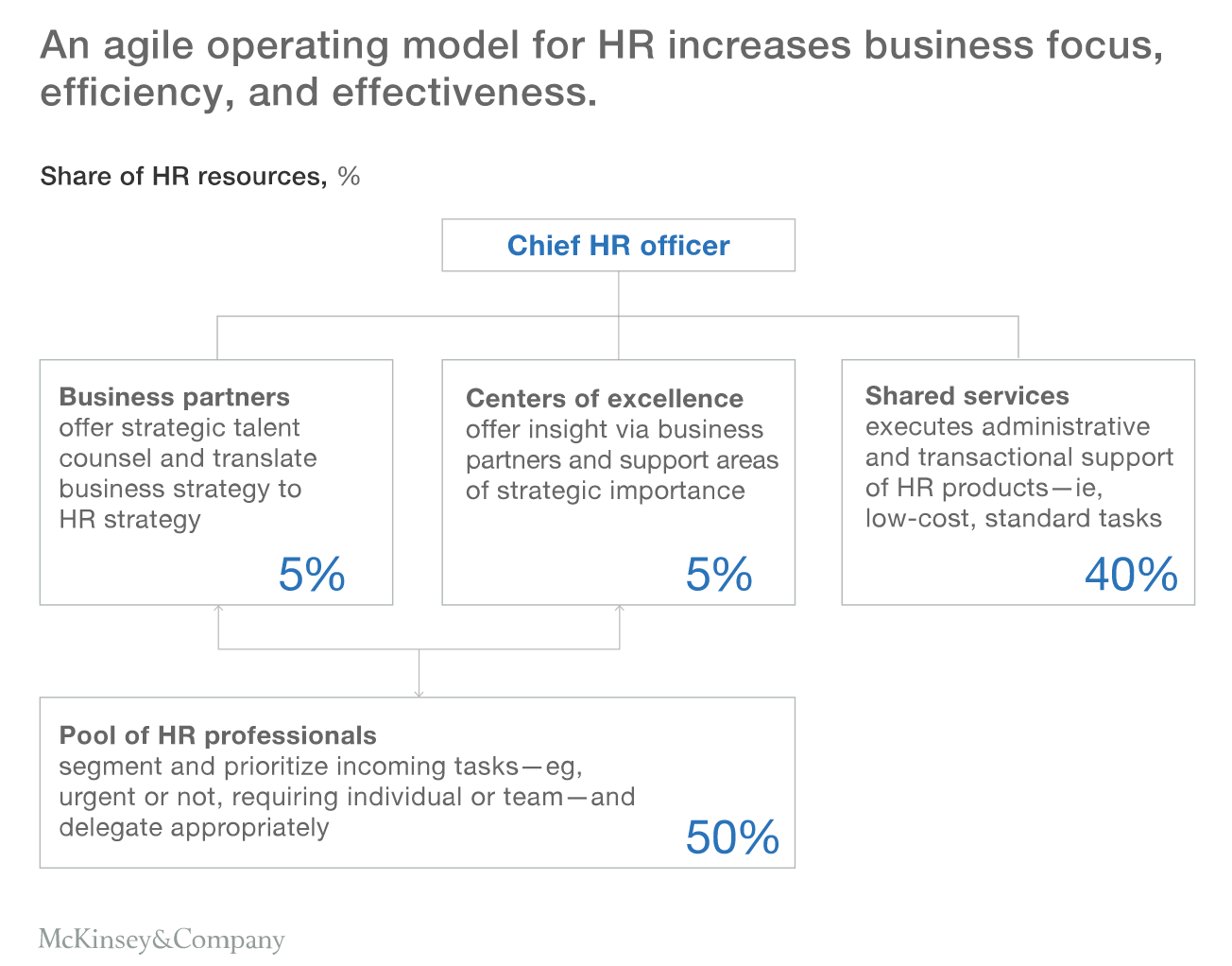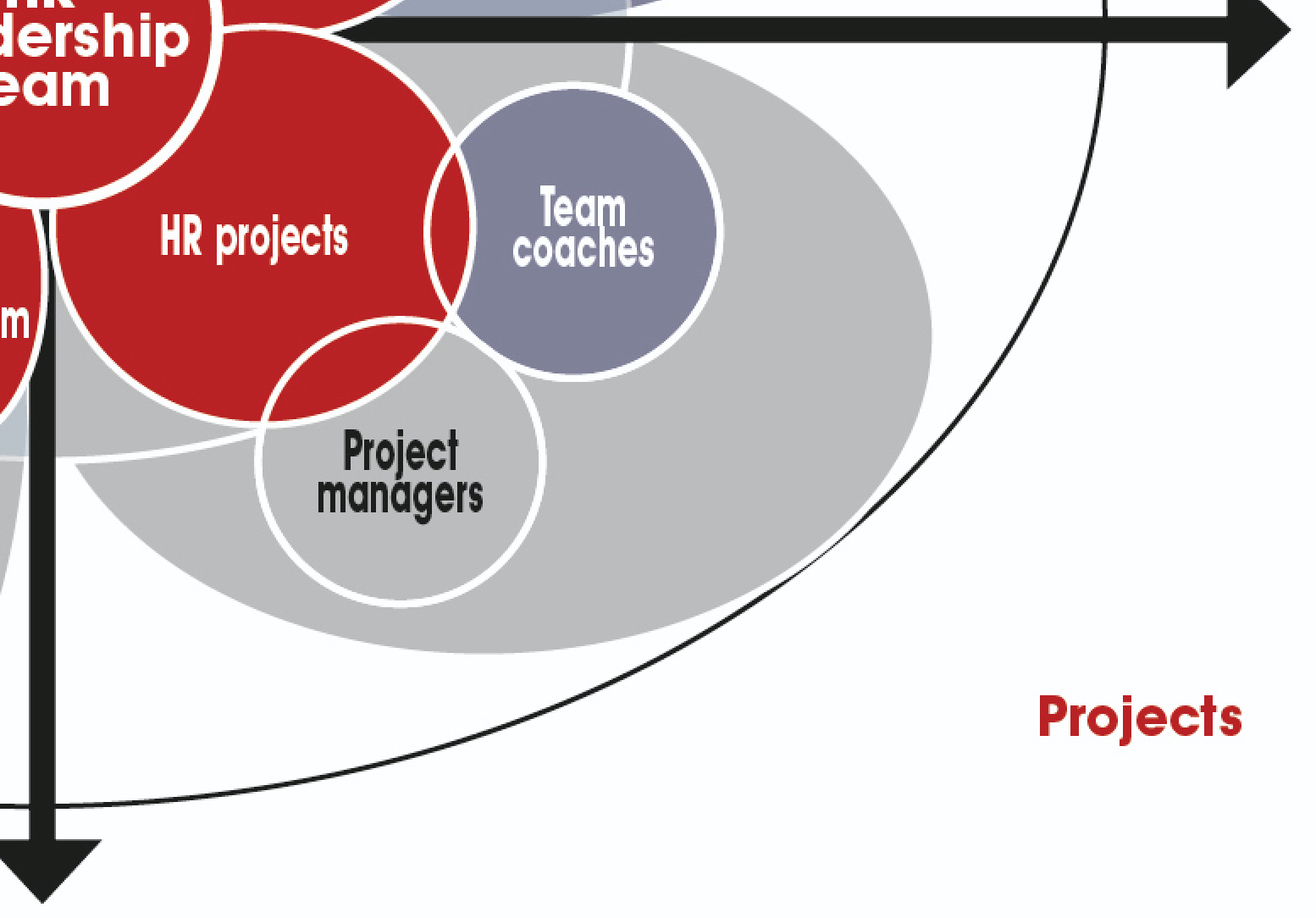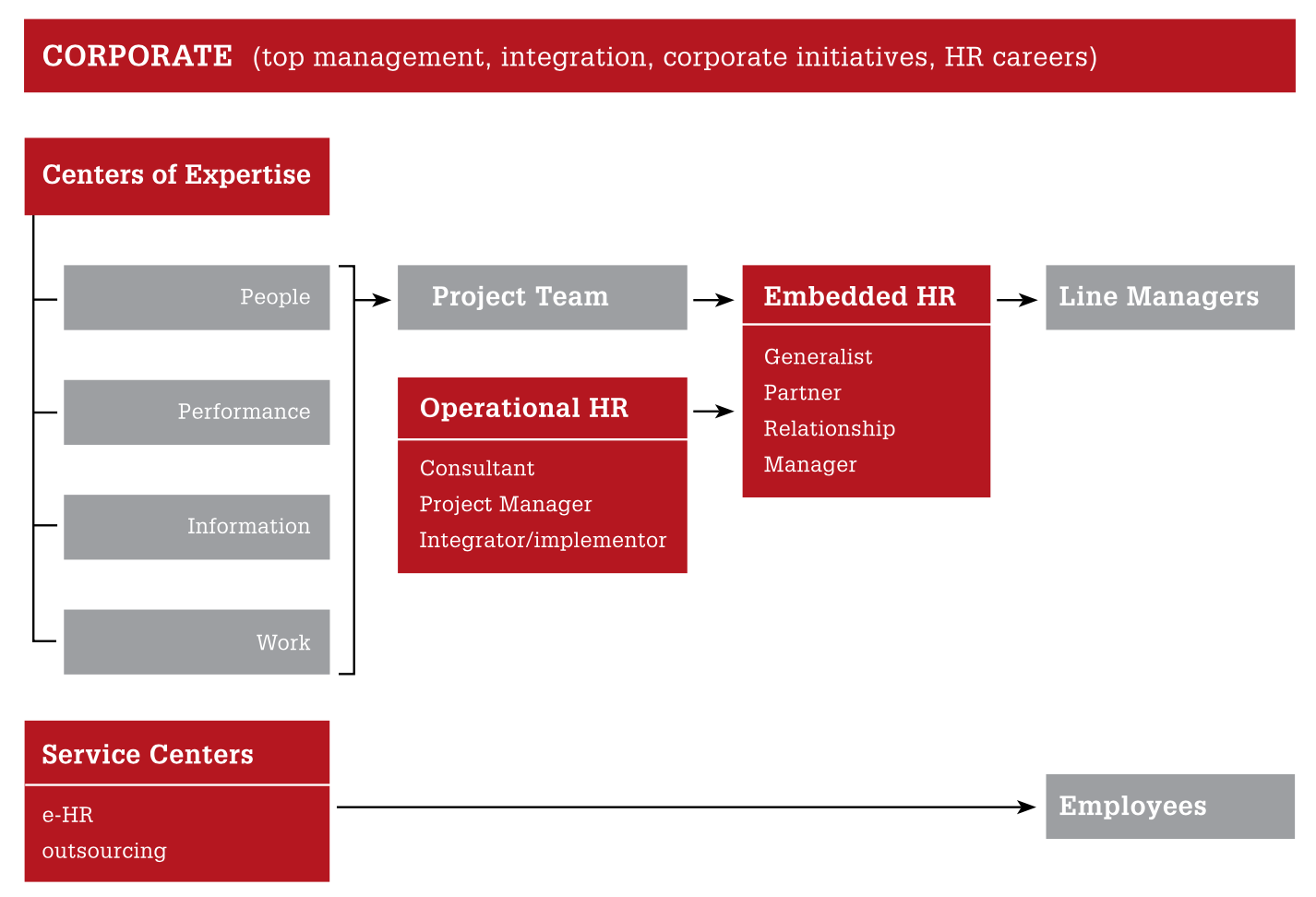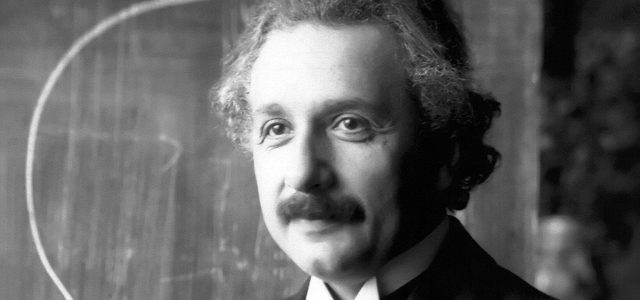I’ve recently written about the opportunity for new people-centric organisation forms in this article in last month’s HR Magazine, and this article on Linkedin: https://www.linkedin.com/pulse/choosing-organisation-forms-groups-jon-ingham, both based upon some of my book, The Social Organization.
I’ve now also applied this thinking to the HR organisation, building upon an article I co-authored with Dave Ulrich in 2016 to develop a new archetypal HR model which extends well beyond the traditional Ulrich model / three-legged stool.
This HR organisation or operating model is the Melded Network HR model and is profiled in this month’s HR Magazine and this article here. HR needs to follow the business, so if our businesses increase use of people-centric forms then the HR organisation needs to do this too.
My current mini-series of posts are to add a little more detail to this melded network HR model and the description in the HR Magazine article.
I have already addressed the use of functional centres within the HR model and now move on to discuss the role of horizontal, cross-functional teams, whether for processes, products, projects or agile sprints etc (and see this article about the increasing use of teams within the rest of the business too).
The above diagram focuses on the Projects (external orientation/task focus) quadrant of the Melded Network HR Model (see this article for the full model).
Key:
- HR projects are shown in red as these are part of the core HR model
- The large light grey oval represents projects across the whole business and includes project managers in HR or the rest of the business
- Team coaches are shown in dark grey to indicate they could be part of the broader HR model (see below).
Many HR organisations are already undertaking a lot of their work through horizontal / cross-functional process, product, project or agile teams, bringing together people with different specialisms to act on often complex and cross-disciplinary challenges.
This increasing projectisation of HR has already been noted by Dave Ulrich (diagram from Dave / RBL):
These projects can take place within HR for people and organisation work, although they may involve staff from outside HR. Alternatively, they can sit in the rest of the business, with HR contributing to a broader agenda that includes a focus on people.
These teams help provide greater customer focus, more integration with the rest of the business, and additional flexibility too.
It is also likely that more HR work will be undertaken through projects in future. This shift is likely to mean that HR will increasingly need to develop specialist project manager (or product owner) and consultant roles and a separate project management pool, rather than just pulling on staff from functional centres or the other legs of the current HR model. Examples of HR organisations using this approach include BBVA, ING and Vistaprint where
“Business Partners, now called Ground Control, and Agile Coaches, now called Transformation Coaches, have been brought together, working to a shared backlog, based on pull signals, and are no longer dedicated by function but are embedded on all product teams to ensure they are working in ways that are consistent with the firm’s agile values”.
Another good example is this client of McKinsey‘s where specialist project/flow to the work staff constitute half of the HR group:

Managers of HR projects can be specialists in both HR and project management, or just HR specialists with abilities in project management, or project managers with an understanding of HR.
Either way, they are likely to have the type of reporting relationship to the overall head of project management within the business, and to the overall head of HR, potentially though someone with overall responsibility for HR projects.
These reporting relationships can be co-ordinated through a traditional project management office (functional) structure or a looser ‘network of teams’ approach.
As well as project managers, larger organisations and projects may identify project team coaches or facilitators (or scrum masters / agile coaches etc), potentially working across a number of projects, in HR and across the rest of the business.
These team coaches may constitute another group within HR, especially if they focus on team development rather than just on supporting project management.
Article by channel:
Everything you need to know about Digital Transformation
The best articles, news and events direct to your inbox
Read more articles tagged: Featured, HR, Organisational Design










